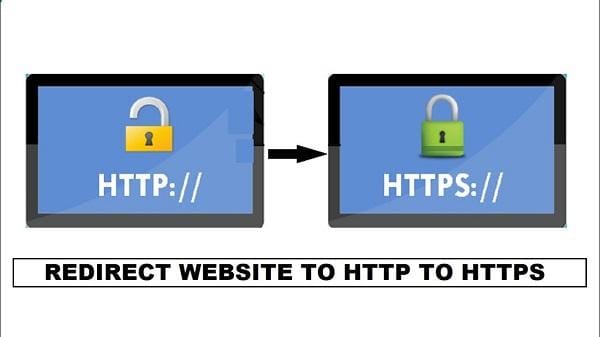In an era where data security and privacy are paramount concerns, even internal networks and intranet systems within organizations need to be safeguarded. While SSL certificates are commonly associated with public-facing websites, they also have a crucial role to play in securing communication within private networks, using private internal IP addresses or local intranet server names.
Understanding the Need for SSL in Internal Networks:
Internal networks, often referred to as intranets, are used by organizations for various purposes like file sharing, internal websites, email servers, and more. Just because these networks aren’t exposed to the public internet doesn’t mean they should be devoid of security measures. Here’s why SSL is essential for these environments:
- Data Encryption: SSL encrypts the data exchanged between devices within the network. This prevents unauthorized access to sensitive information even within the organization.
- Authentication: SSL certificates help in authenticating the identity of devices or servers within the network, reducing the risk of man-in-the-middle attacks.
- Trust: When employees or users access internal resources, having a valid SSL certificate in place ensures trust and legitimacy, reducing the chances of phishing attacks.
Obtaining an SSL Certificate for Internal IP Addresses or Server Names:
To secure internal network communication, you can obtain an SSL certificate for a private internal IP address or a local intranet server name. Here’s how:
**1. Self-Signed Certificates: Organizations can create their own self-signed SSL certificates for internal resources. While this provides encryption, it doesn’t offer the same level of trust as certificates from trusted certificate authorities (CAs).
**2. Internal Certificate Authorities: Larger organizations often set up their internal certificate authorities to issue SSL certificates for internal use. This allows them to maintain control over certificates while maintaining trust.
**3. Public CA with Private IP SANs: Some public certificate authorities offer SSL certificates that include Subject Alternative Names (SANs) for private IP addresses or server names. This option combines the trust of a public CA with the specificity required for internal resources.
**4. Wildcard SSL Certificates: Organizations can opt for wildcard SSL certificates that cover multiple subdomains, including internal ones. This is useful if there are several internal servers to secure.
Considerations and Best Practices:
- When using SSL certificates for internal resources, it’s essential to keep them up to date. Expired certificates can lead to security vulnerabilities and operational disruptions.
- Implement certificate management practices to keep track of expiration dates, and consider automating certificate renewals.
- Ensure that your internal devices and servers are configured to use SSL for communication. This often involves configuring web servers, email servers, or VPN gateways to use the SSL certificate.
- Educate employees or users about the importance of SSL security within the internal network and the potential risks of ignoring SSL best practices.
Securing internal network communication with SSL certificates is a vital step in protecting sensitive data and maintaining the integrity of your organization’s digital infrastructure. Whether you opt for self-signed certificates, internal CAs, or certificates from trusted public authorities, the goal is the same: to ensure that even within your internal network, data remains confidential, secure, and trusted.



